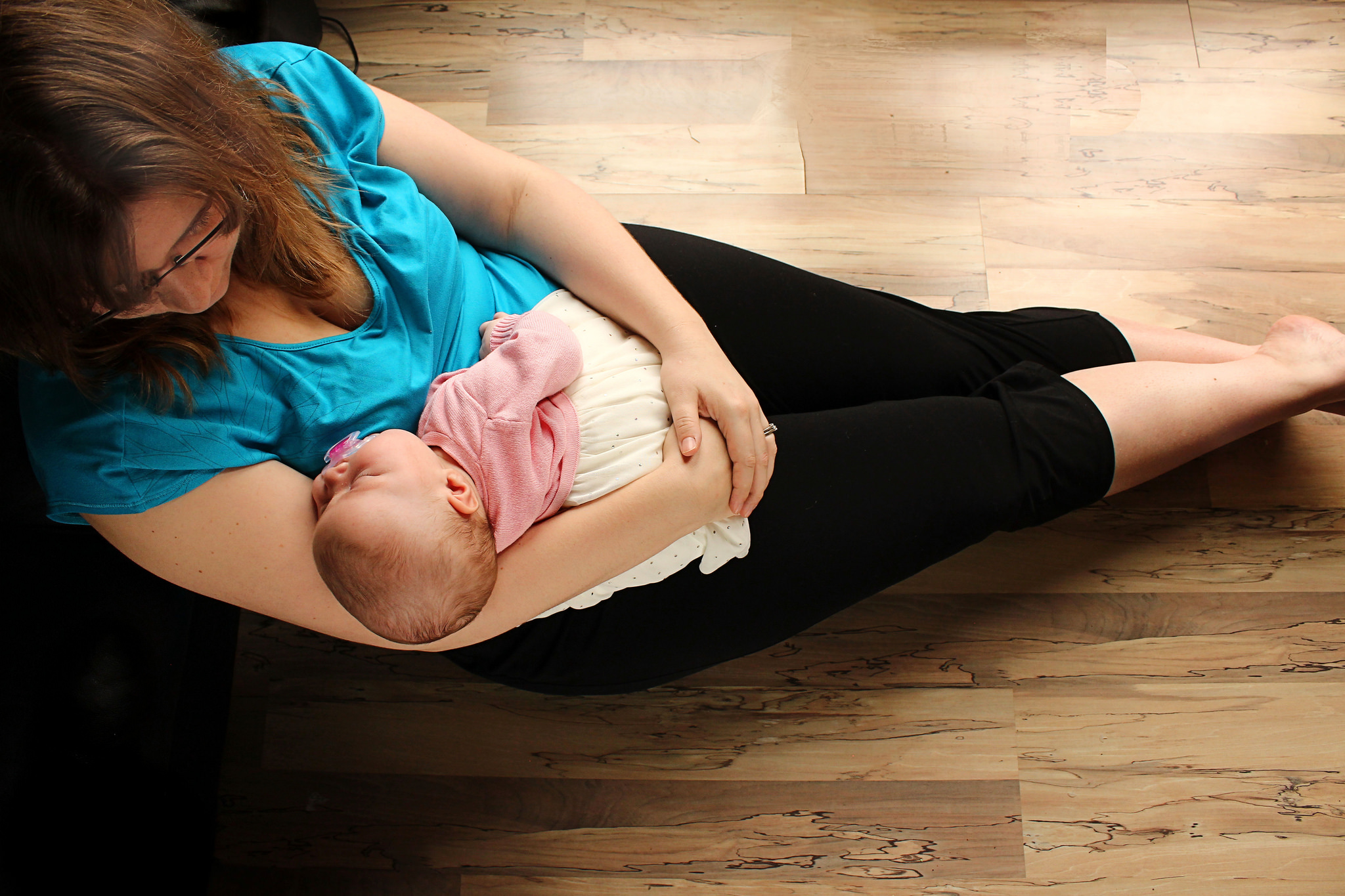Sensitive early care–or the lack thereof–has a significant effect on the relationships of adults, according to new research by scientists at the University of Delaware and the University of Minnesota. The researchers found that early care had long-term implications for relationships with others–including intimate partners–and that the effects were seen across all racial, gender and socioeconomic lines. Sensitive care had clear implications even 30 years later.

“The total effect of early sensitivity for supportive parenting in adulthood was somewhat surprising to me considering that nearly three decades separated those two measurement time-points,” Dr Lee Raby, postdoctoral researcher at the Infant Caregiver Project at the Department of Psychological and Brain Sciences at University of Delaware, told The Speaker.
To see how people were affected by childhood experiences over the course of their lives, the team drew from an ongoing 37-year study that focused on maternal insensitivity.
“Our research report was based on data from the Minnesota Longitudinal Study of Risk and Adaptation, which is a large research study of approximately 200 individuals who were born in the mid-1970’s to first-time mothers living in poverty,” Raby explained. “The participants have been continuously followed from birth to adulthood and currently are around age 37 years.”
The material included data on physiological responses, including skin conductance–an indicator of nervous system activity and therefore of emotional response.
The researchers wanted to find out if differences in the quality of care a child receives affected their nervous responses during adult conflicts.
 They found that children who received sensitive mothering were better able to deal with difficult relationship issues as adults–their skin reactivity measured relatively lower. Those children who received less sensitive care exhibited more nervous arousal as adults while attempting to deal with difficult situations, which means that those adults would tend more towards emotional avoidance and withdrawal.
They found that children who received sensitive mothering were better able to deal with difficult relationship issues as adults–their skin reactivity measured relatively lower. Those children who received less sensitive care exhibited more nervous arousal as adults while attempting to deal with difficult situations, which means that those adults would tend more towards emotional avoidance and withdrawal.
The team controlled for other factors that could reasonably be expected to effect relationship abilities, and found that, at least for the study, the results were not dependent on the types of relationships to which an individual belonged–gender, ethnicity or socioeconomic status also were not responsible for the results.
“Specifically, we observed that early supportive/sensitive caregiving was associated with more competent functioning in (a) peer relationships during childhood and adolescence, (b) romantic relationships during young adulthood, and (c) parent-child relationships at age 32 years,” Raby told us.
“The findings related to peers and romantic partners are not new though,” he noted. “Previous publications from this research project have included those findings, and those associations have been replicated in independent samples.”
The conclusion reached by Raby and his team was that insensitive parenting created adults who avoided conflict with their spouses, and sensitive parenting led to an ability to resolve conflicts with romantic partners, but Raby added that further research into the matter was necessary.
“The association between early caregiving experiences and later parenting quality was largely indirect, meaning that more supportive early caregiving predicted later relationships with peers and romantic partners which in turn predicted adult parenting quality. However, in other studies we have observed that early caregiving experiences do have a unique role in promoting functioning in adult relationships even after accounting for relationship experiences during the intervening years. Because the unique contributions of early caregiving are relatively small, large samples and many measurements are needed to detect these associations. I anticipate that future research will provide evidence that early caregiving experiences shape later parenting outcomes both directly and indirectly.”
Why the type of treatment experienced by a child affects his or her later relationships may be due to the ideas that are formed by the child during early years.
“We think the reason for this is that individuals are developing expectations, attitudes, and behavioral skills within these earlier relationships that they carry into their interactions with their romantic partners. Bringing these two ideas together, the current study indicates that romantic relationship quality may be both a cause and a consequence of parenting quality,” said Raby, noting that more tightly controlled experimental studies are needed to more conclusively make these kind of causal claims.
We asked Raby if he would comment on the record levels of single parenthood in the US and the high incidence of broken families in many parts of the world–many of which face prolonged conflict–and if the research might have some implications on these large issues.
 Raby qualified that he wanted to be cautious in how far he extended the findings, but offered some educated guesses on how the findings might relate.
Raby qualified that he wanted to be cautious in how far he extended the findings, but offered some educated guesses on how the findings might relate.
“Our goal was to test theoretical ideas about the developmental origins of parenting behavior and the way it is transmitted across generations. That said, I do believe the findings speak to the larger issues.
“First, we observed—as have others—that the presence and quality of adults’ romantic partnerships predicted the quality of parenting they provided to their children. This is perhaps not surprising since romantic relationships are one of the biggest sources of social support as well as stress during adulthood. Second, we also observed that romantic relationship functioning has its origins, at least in part, in earlier experiences with caregivers and peers.
“In other words, individuals who experienced more supportive care from their parents early in life and were more skilled at interacting with peers during childhood and adolescence were more likely to form high-quality, committed romantic partnerships during adulthood.
“In my opinion, the important take-away message is also the most basic one,” said Raby. “Early parent-child relationships play an important role in understanding later parenting quality in adulthood. Although our study was focused on the interpersonal experiences that account for this intergenerational association, our findings in no way mitigate the importance of early caregiving experiences.
“Importantly, researchers working with other longitudinal studies have reported almost identical results concerning the intergenerational associations in parenting. This is astounding to me and makes me very excited about continuing to work on this topic.”
The report, “The Interpersonal Antecedents of Supportive Parenting: A Prospective, Longitudinal Study From Infancy to Adulthood,” was authored by Dr Lee Raby, Jamie Lawler, Rebecce Shlafer, Paloma Hesemeyer, Ander Collins and Alan Sroufe–researchers from both the University of Minnesota and the University of Delaware–and will be published in the journal Psychological Science the near future.
By Cheryl Bretton
Photos: Jessica Pankratz, Pete Labrozzi, United Nations
